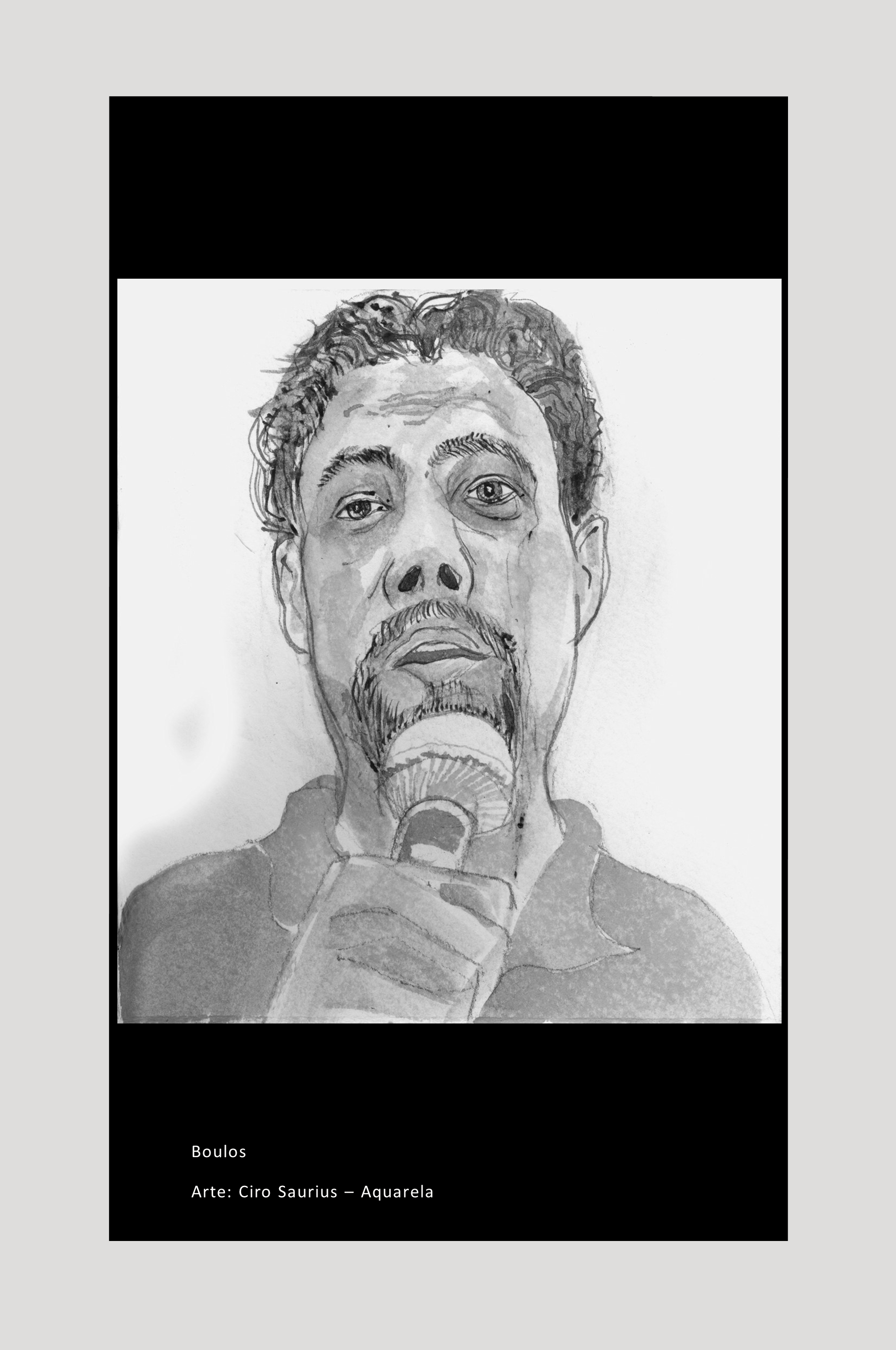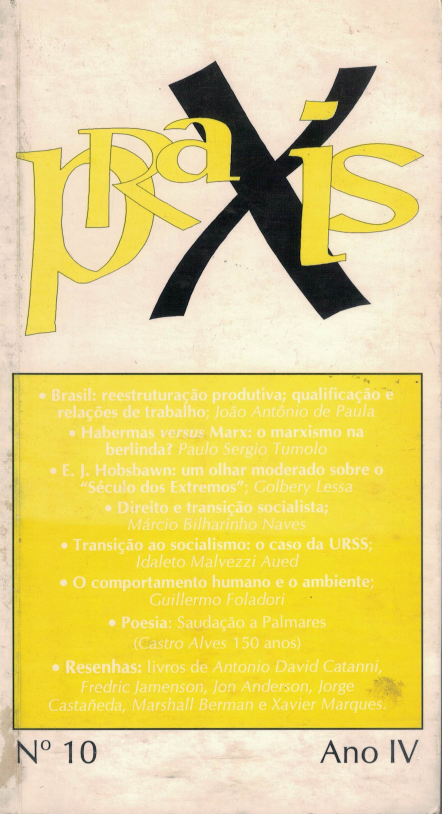Interview with Guilherme Boulos
Abstract
Brazil is currently experiencing a very dangerous political crisis that is difficult to overcome. The election by direct vote of an extreme right-wing government, which threatens democracy and attacks human rights on a daily basis, poses a difficult question for the left and for democratic movements in general: how it was possible for a notoriously racist and misogynistic candidate, with a speech as primitive as it was violent to be suffocated, after 13 years of PT governments, by a large part of the poor and working population? The answer to this difficult question certainly involves political and socioeconomic spheres, whose rationale, without a doubt, needs to be unravelled. However, as Guilherme Boulos warns, the left - if it wants to overcome the crisis it is in - cannot suffer from the illusion that reason and the mere balancing of the economic interests at stake would have the power to answer everything. Based on his studies in psychoanalysis and social psychology, as well as his long and rich experience as a militant in social movements, Boulos draws attention to the “irrational” and affective dimensions involved in social and political life. Seeking to understand both psychic illness and the expansion of religious fundamentalism as, at least in part, true social symptoms, he discusses in this interview questions and dimensions that are often ignored by sectors of the left that fight for social transformation and the emancipation of workers .

Downloads
Published
How to Cite
Issue
Section
License
Authors who publish in Revista Mouro agree to the following terms:
The. Authors retain copyright and grant Revista Mouro the right to publish.
B. Authors are authorized to assume additional contracts separately, for non-exclusive distribution of the version of the work published in this publication (eg, to publish in an institutional repository or as a book chapter), with acknowledgment of authorship and publication in Revista Mouro.
ç. Authors are allowed and encouraged to publish and distribute their work online (e.g. in institutional repositories or on their personal page) at any point before or during the editorial process, as this can generate productive changes as well as increase impact and the citation of the published work.





